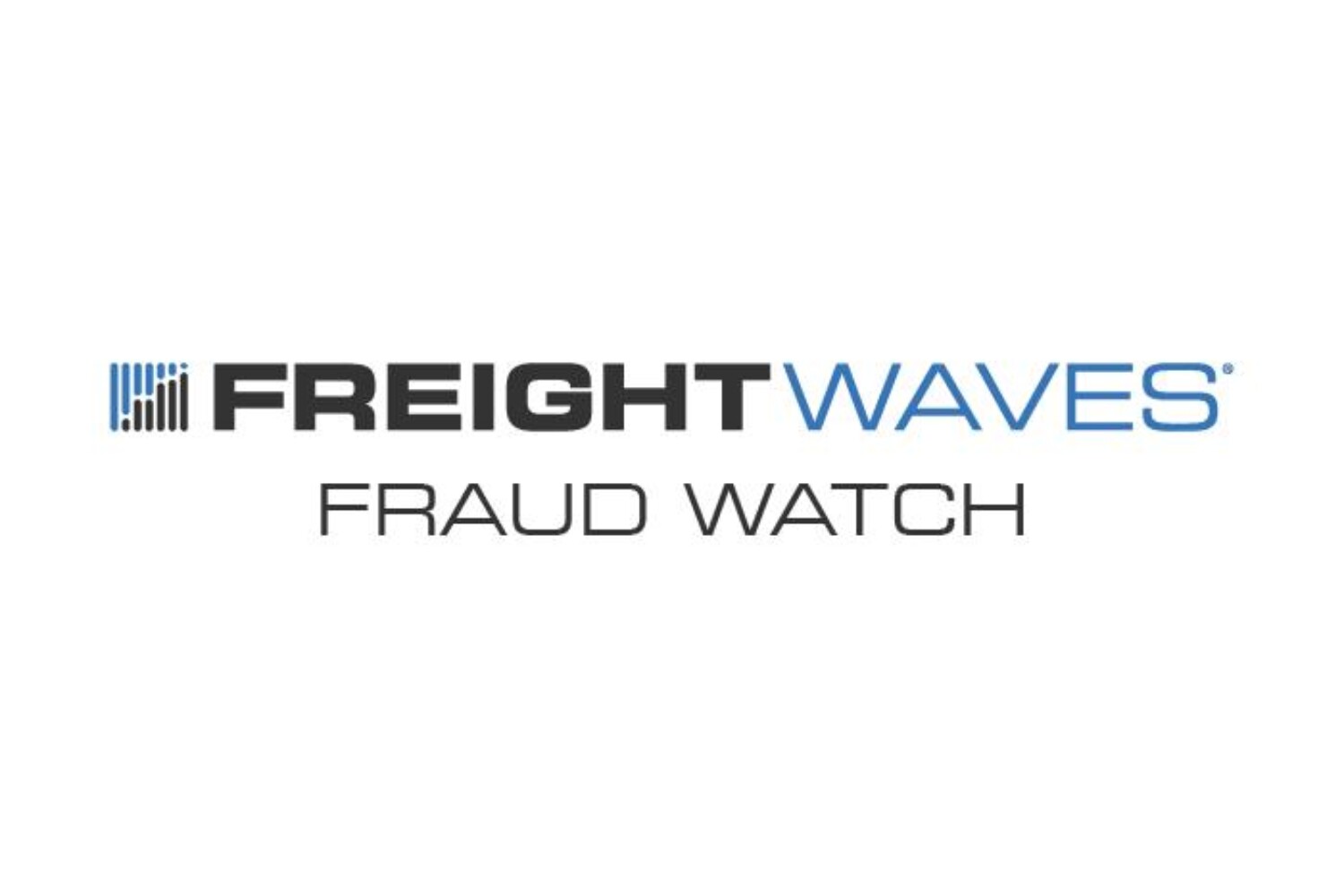Cargo theft in Mexico up 61% y/y
|
|
|
|
|
Descartes MyCarrierPortal delivers next-gen carrier vetting & monitoring technology to stop fraud before it starts. Protect your freight, ensure compliance, and verify with confidence.
|
|
|
(Photo: Creative Commons)
|
|
|
The DOT wants truckers’ help fighting fraud
|
|
|
The U.S. Department of Transportation (DOT) has initiated a comprehensive effort to combat the rising issue of cargo theft in the freight industry, as reported by FreightWaves on September 18. The DOT has issued a request for information (RFI) to gather insights from trucking industry stakeholders, including carriers, brokers, and shippers, to identify challenges and develop effective solutions to curb freight theft. This move comes in response to a significant increase in cargo theft losses, with 2025 projected to surpass previous years’ records, according to CargoNet, a logistics security firm. The National Insurance Crime Bureau forecasts a 22% rise in theft losses for 2025, driven by sophisticated tactics and cyber-enabled fraud.
The DOT’s RFI seeks input on key areas such as high-risk commodities, prevalent theft methods, and best practices or technologies to mitigate risks. It aims to close loopholes exploited by fraudsters, such as carriers re-entering operations under new identities after being removed from service. The department is also exploring ways to enhance cargo security risk assessments and strengthen partnerships with law enforcement and industry stakeholders. A 30-day public comment period is open to collect feedback, which may inform future regulatory actions or collaborative initiatives.
Cargo theft has evolved from opportunistic crimes to highly organized operations, often involving identity theft, double brokering, and strategic deception. Criminals impersonate legitimate carriers or brokers to divert freight, using advanced technologies, including AI, to manipulate documentation and launder stolen goods through cross-docks. Food and beverage products, agricultural goods, and electronics are among the most targeted commodities. The DOT’s initiative aligns with broader efforts, including proposed legislation like the Combating Organized Retail Crime Act of 2025, which seeks a coordinated multiagency response to tackle organized theft. Additionally, industry leaders are advocating for proactive measures, such as enhanced identity verification and track-and-trace technologies, to safeguard supply chains.
This crackdown reflects growing concern over the economic and safety impacts of cargo theft, which costs the industry billions annually and affects consumer prices. By leveraging stakeholder input and fostering collaboration, the DOT aims to disrupt criminal networks and bolster freight security nationwide.
|
|
|
Freight Fraud Video of the Week 🤩
|
|
|
In this episode of Tell Me Everything: Fraud Girl Friday, host Danielle Spinelli sits down with Joanna Mora from HaulPay to dive deep into BOL (Bill of Lading) manipulation—a growing fraud tactic in logistics and transportation.
|
|
|
FMCSA pushes back on freight fraud: What brokers & carriers need to know
FMCSA’s Ken Riddle speaks with Descartes’ Danielle Spinelli about how the agency is modernizing systems and stepping up enforcement.
|
|
|
Cargo theft in Mexico surges 61% y/y
|
(Photo: Nan Palmero / Creative Commons)
|
|
|
Cargo theft in Mexico surged by 61% in August 2025 compared to the same period in 2024, according to data from Mexico’s Executive Secretariat of the National Public Security System (SESNSP), as reported by Mexico Business News. This alarming increase, totaling 1,053 reported incidents, reflects a growing challenge for the country’s logistics and transportation sectors. The states of Puebla, México, and Hidalgo accounted for over 65% of these thefts, with Puebla alone contributing 27.4% of the incidents, followed by México at 24% and Hidalgo at 14.2%. The rise in cargo theft has been particularly pronounced on highways connecting Mexico City to key industrial and port regions, such as Veracruz, Querétaro, and San Luis Potosí.
The report highlights that cargo theft is increasingly violent, with 81% of incidents in 2025 involving violence against drivers, a trend consistent with earlier data from Overhaul’s Q1 2025 Cargo Theft Report. High-value goods like auto parts, food and beverages, and electronics are prime targets, with thieves employing sophisticated methods, including ambushes and strategic hijackings. The Mexican Association of Insurance Institutions noted that cargo theft losses have driven up insurance costs, with 80% of claims linked to violent incidents. This has prompted calls for enhanced security measures and technological solutions like GPS tracking and real-time monitoring to protect freight.
The surge in thefts is attributed to organized crime groups exploiting vulnerabilities in supply chains, particularly as Mexico’s role in global trade grows due to nearshoring trends. Industry experts emphasize the need for collaboration between government, private security firms, and logistics companies to address the crisis. Initiatives like the National Guard’s partnership with tracking firms in five states aim to recover stolen cargo, but challenges remain due to the scale and coordination of criminal operations. The economic impact is significant, with losses affecting supply chain reliability and increasing costs for businesses and consumers. Stakeholders are urged to adopt proactive measures, including fortified infrastructure and policy advocacy, to curb the escalating threat of cargo theft in Mexico.
|
|
|
|
![]()

![]()